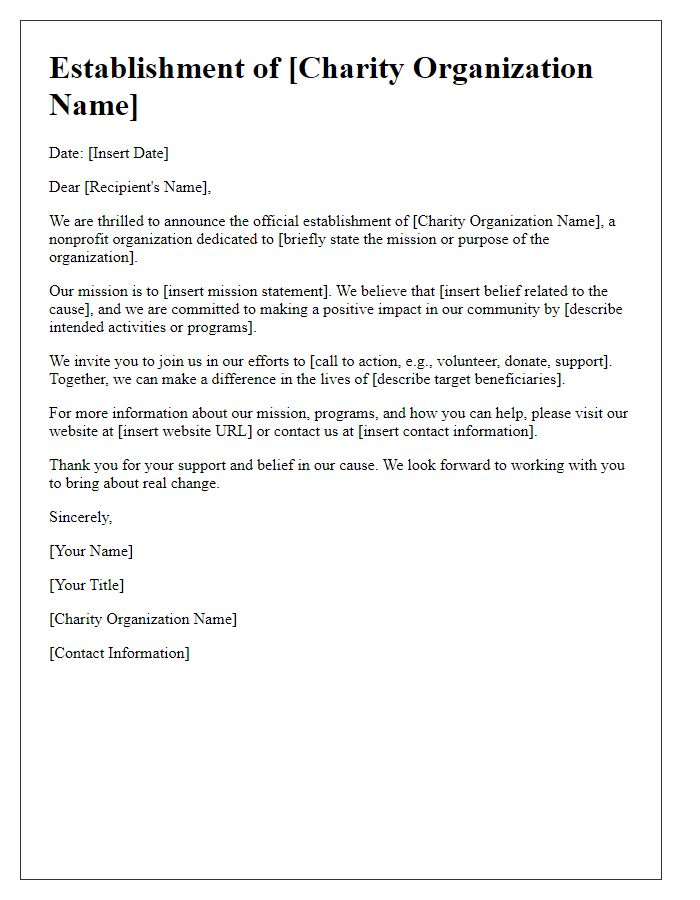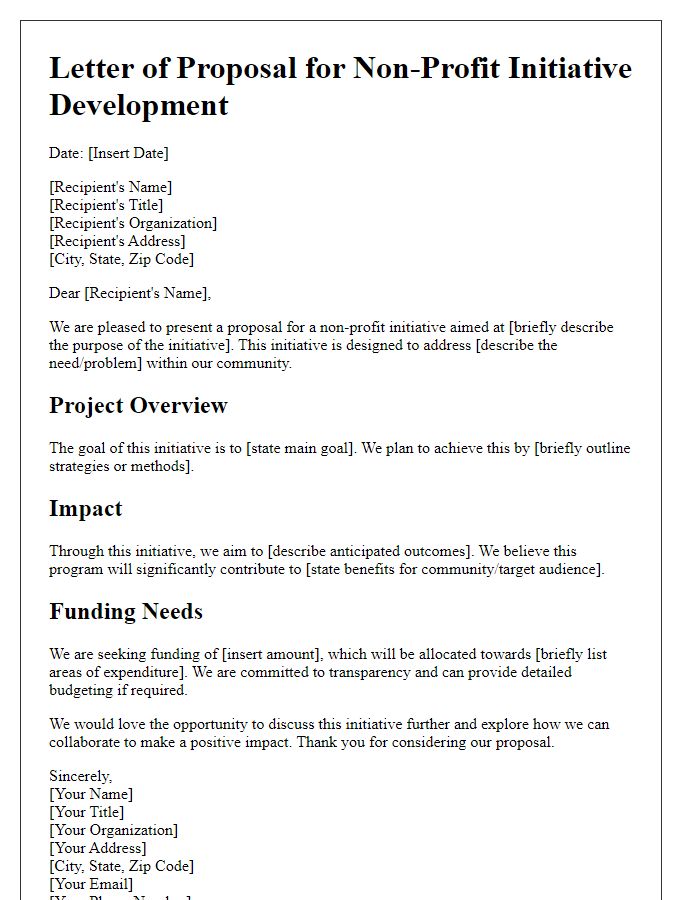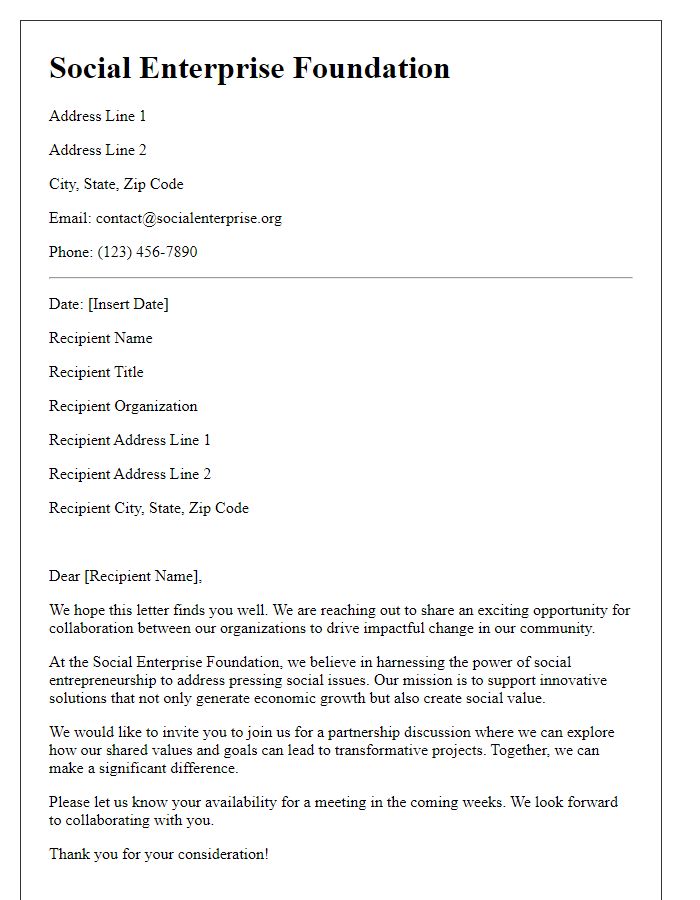Are you considering starting a charitable organization but unsure where to begin? Forming a charity can be an incredibly rewarding journey, helping to make a positive impact in your community and beyond. In this article, we'll explore the essential steps to establish your nonprofit, from drafting your mission statement to filing the necessary legal paperwork. Join us as we delve deeper into this fulfilling endeavor and invite you to read more!

Mission Statement and Objectives
The establishment of a charitable organization focused on improving educational opportunities for underprivileged children emphasizes significant societal impact. The mission statement articulates the commitment to provide access to quality education, resources, and mentorship despite economic barriers faced in communities such as those in rural Appalachia or urban inner cities. Objectives include securing funding through grants and partnerships with local businesses, developing after-school programs aimed at skill development, and creating scholarship opportunities for higher education. Collaboration with educational institutions like schools or libraries is essential to enhance the learning environment, ensuring a holistic approach to fostering growth and empowerment among these children.
Legal Structure and Governance
Establishing a charitable organization involves carefully planning the legal structure and governance framework to ensure compliance with regulations and effective operation. A common legal structure is a nonprofit corporation, which provides limited liability protection for members and directors while allowing the organization to operate tax-exempt under section 501(c)(3) of the Internal Revenue Code in the United States. The governance structure typically includes a board of directors responsible for overseeing the organization's mission and activities. Essential roles within the board include a president, treasurer, and secretary, delineating responsibilities for decision-making, financial oversight, and record-keeping. Bylaws must be drafted to outline procedures for meetings, member voting, and amendments, ensuring transparency and accountability in operations. Proper registration and adherence to state and federal laws are crucial for maintaining charitable status and fostering public trust.
Funding and Resource Allocation
A successful charitable organization requires careful funding and resource allocation to fulfill its mission effectively. Budgeting processes must outline specific goals, such as increasing community outreach programs or expanding educational initiatives for underserved populations. Grants from government entities, such as the Federal Emergency Management Agency (FEMA) or state-level initiatives, can provide substantial support, while private donations from individuals and local businesses in community-driven fundraising events can enhance financial stability. Resource allocation involves prioritizing expenditures for programs, ensuring sufficient funding for essential services like food banks or mental health counseling facilities. Effective tracking and reporting systems, including online platforms like QuickBooks or project management tools like Asana, help maintain transparency, enabling stakeholders to see how funds are utilized. Balancing these fiscal responsibilities is crucial for sustaining operations and achieving long-term goals in charitable endeavors.
Community Impact and Engagement
The formation of a charitable organization focused on community impact and engagement requires strategic planning and thoughtful consideration of local needs. This organization aims to address critical issues such as poverty, education disparity, and health accessibility within urban areas like Detroit and rural regions like Appalachia. By collaborating with local stakeholders, including schools, healthcare providers, and other non-profits, the organization will implement programs that promote volunteerism and resource sharing. Targeted initiatives, such as after-school mentorship programs for at-risk youth and health fairs providing free screenings, will foster a sense of community ownership and empowerment. Additionally, through fundraising events and advocacy campaigns, the organization will raise awareness and mobilize support to create sustainable solutions tailored to the unique challenges of the communities served.
Compliance and Regulatory Requirements
Establishing a charitable organization involves navigating various compliance and regulatory requirements to ensure legal operation and tax-exempt status. In the United States, organizations seeking 501(c)(3) status must file Form 1023 with the Internal Revenue Service, detailing mission statements, governance structures, and planned activities. State registration requirements may also apply, necessitating submission of articles of incorporation and bylaws to the respective Secretary of State's office, with applicable fees ranging from $30 to $500 depending on the state. Local regulations may mandate obtaining permits or licenses for fundraising activities and compliance with solicitation laws, such as the Charitable Solicitations Act in states like California. Ongoing compliance includes annual reporting obligations, such as filing Form 990, which provides transparency regarding financial activities and governance to both the IRS and the public. Ensuring adherence to these requirements is crucial to maintaining tax-exempt status and fostering donor trust.













Comments